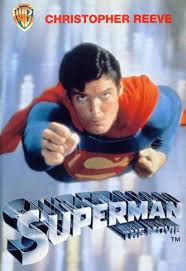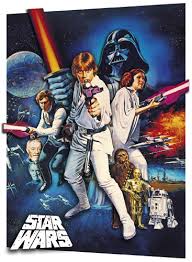Sean learns more about the man he’s named for than the author intended at this young age. All things considered, he took it well.
Mood music for this post: “Leslie Anne Levine” from The Decemberists:
[youtube=http://www.youtube.com/watch?v=ml0VI8VZO2U&hl=en_US&fs=1&]
Sean and Duncan were fighting in the bathtub. I can’t remember what started it, or what sparked this angry comment from Sean: “I’d rather commit suicide than apologize [for whatever he did].” I punished him by making him go to bed a half hour early. Then I did something unexpected. I told him why that word makes my skin crawl.
I know Sean didn’t mean the statement literally. He was pissed off and wanted to land a verbal crusher, as kids do.
In that split-second where Sean was melting down over his punishment, I told him statements like the one he made will get him in trouble every time.
“I don’t understand why it’s such a big deal,” he said.
And then I told him that the man we named him for had taken his life. That’s a lot for a 9 year old to hear, and I wasn’t going to tell him until he was much older. It just sort of fell out of my mouth.
Sean gave me an intense stare, and his face went from red to white. His lower lip trembled. I felt 1,000 kinds of awful. I started thinking about how this might scar him for life, and how I always promised God that as a parent I would never do something to scar my kids.
I started to backtrack. I told Sean the man he was named for was a great man, and that he had a mental illness that unhinges the sufferer’s ability to make sane, rational decisions. I told him he should be proud of his name, and that I was proud of him.
He recovered pretty quickly, and seemed to understand. I often forget this boy is smart beyond his years, and I don’t always give him credit for being able to process weighty subjects.
Still, I always figured I’d wait until he was much older to tell him.
After Sean went to bed, I went upstairs to the loft where Erin and I have our desks. She was working late again on a freelance editing project. I told her what happened, thinking she wouldn’t be all that happy with me. But her reaction was pretty reasoned and calm. In all likelihood, she said, he wouldn’t be scarred from the knowledge. Besides, she added, young or not, he needed to feel awful about what he had said so he’ll think twice before saying it again.
Time will tell.
I’ve said before that Sean Brenner shares some of Sean Marley’s traits, particularly that deep intellect, and that I was going to be damn sure to watch for signs of the darker traits.
To that end, perhaps all this was necessary.



